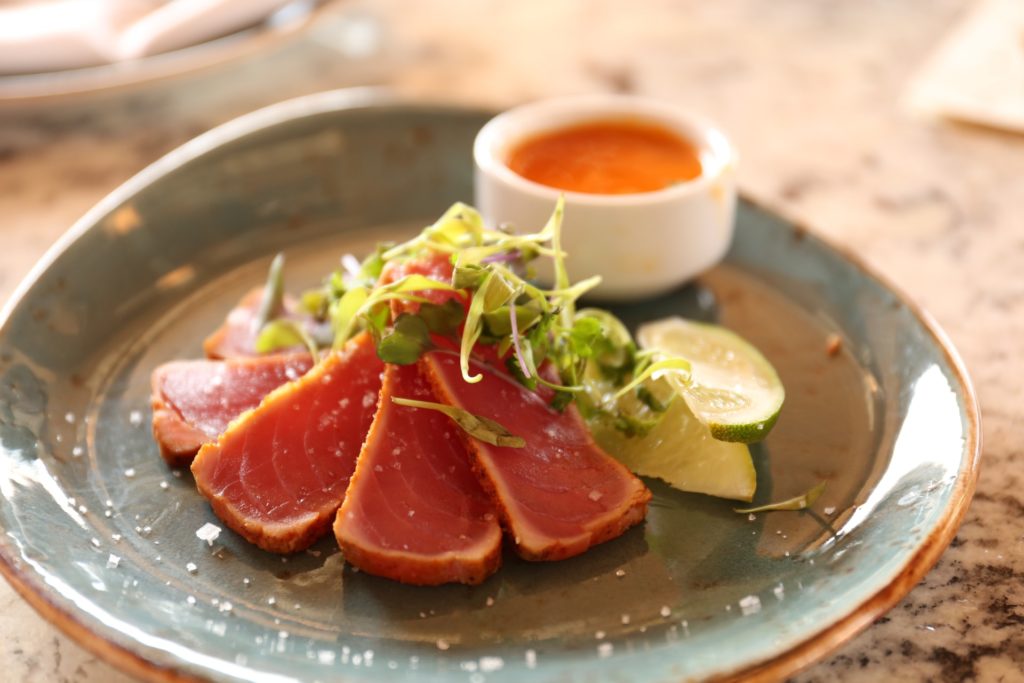Belgium’s Federal Agency for the Safety of the Food Chain (FASFC) conducted a vast tuna operation between September and December 2020 intended to crack down on fraud in the sector.
They discovered that some suppliers are smoking their tuna with carbon monoxide in order to keep the pink color, a process which poses health risks to consumers and one that FASFC says it had never seen before in Belgium.
“By injecting nitrites or nitrates, colouring, or using carbon monoxide to smoke the product, its oxidation state is masked, and the fish preserves both its red flesh (which normally browns naturally) and an appearance of freshness,” FASFC said.
“But only in appearance: these subterfuges do not prevent the degradation of the product and the consumer risks food poisoning.”
The agency seized 79,244 tonnes of tuna, with 92% of the non-compliant products coming from Asia.
FASFC took 45 samples of fresh and frozen tuna from wholesalers and retailers throughout Belgium for the study, seeking to learn the latest procedures used by fraudsters who try to pass off adulterated tuna as fresh tuna.
On the strength of the results of this new tuna operation, FASFC will now review the course of its routine controls.
The Brussels Times

